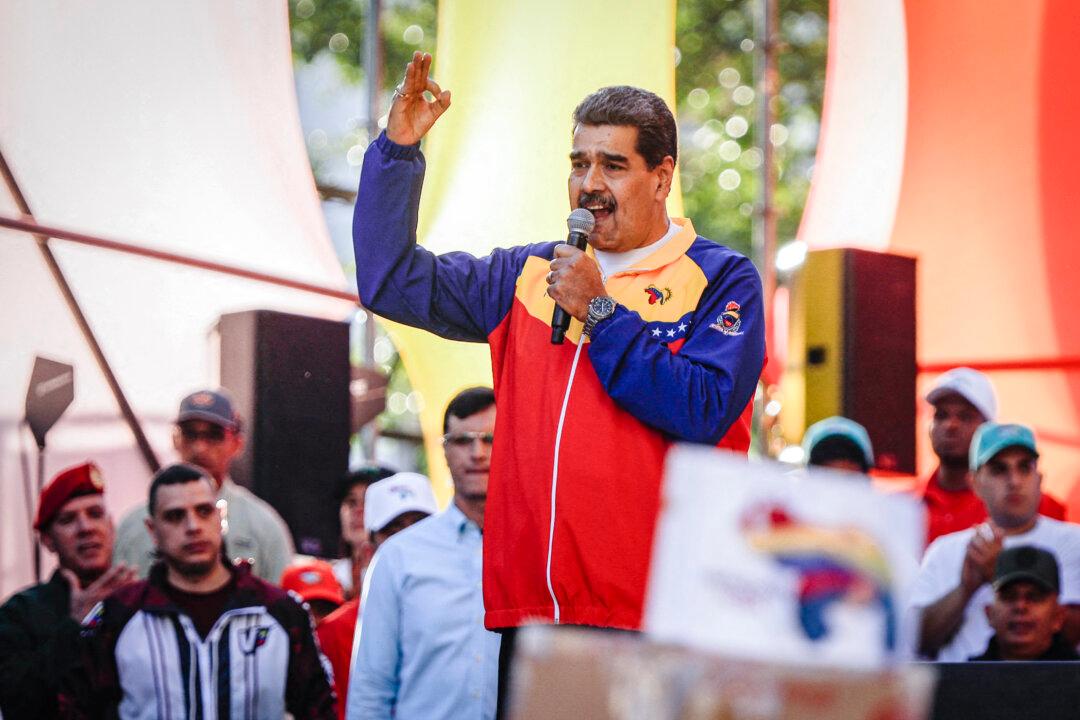After Venezuela’s opposition candidate was forced to flee the country, Canada condemned Venezuela for not publishing the results of the July election, adding that the results appear to show that the opposition party won.
“In a democracy, no political leader should be forced to seek refuge outside his or her homeland,” Minister of Foreign Affairs Mélanie Joly said in a statement on Sept. 9.





